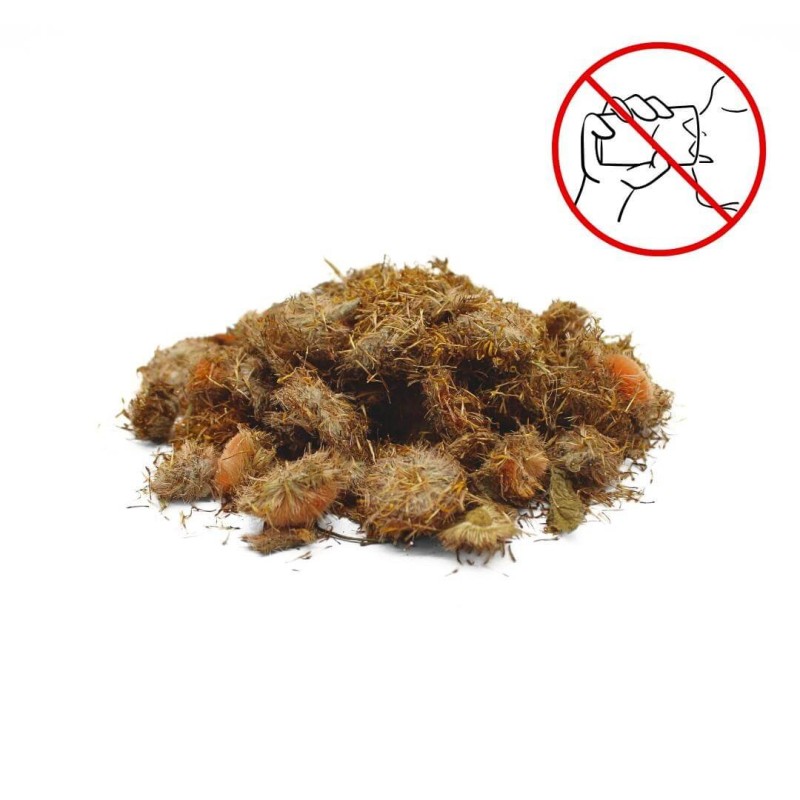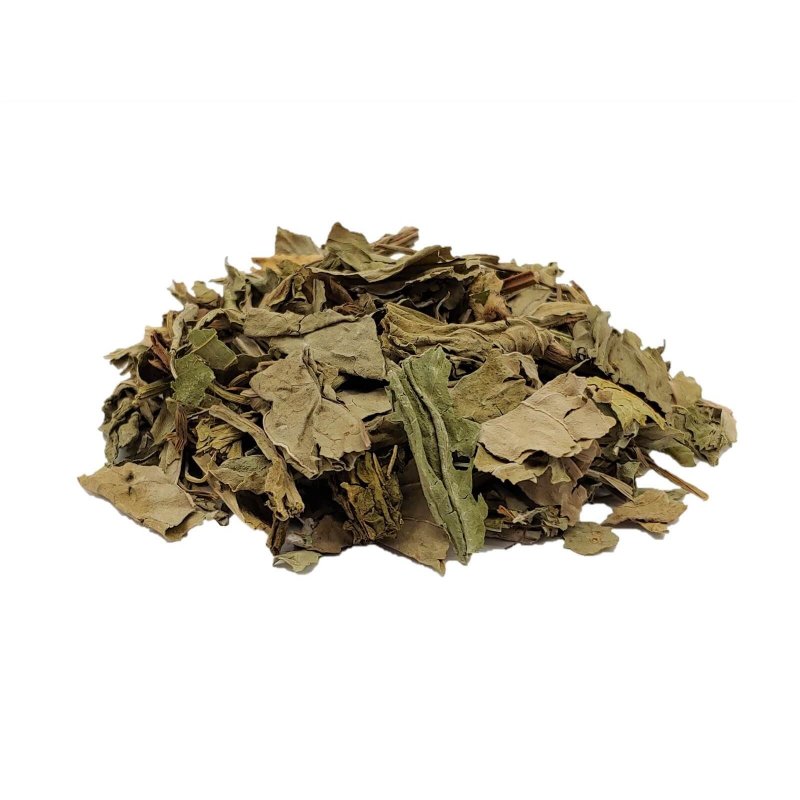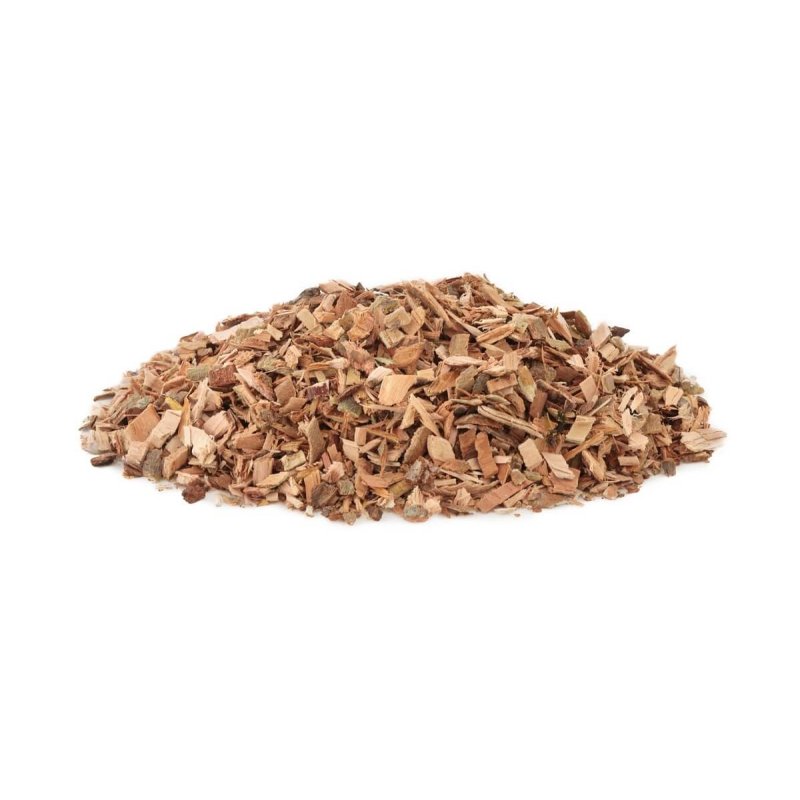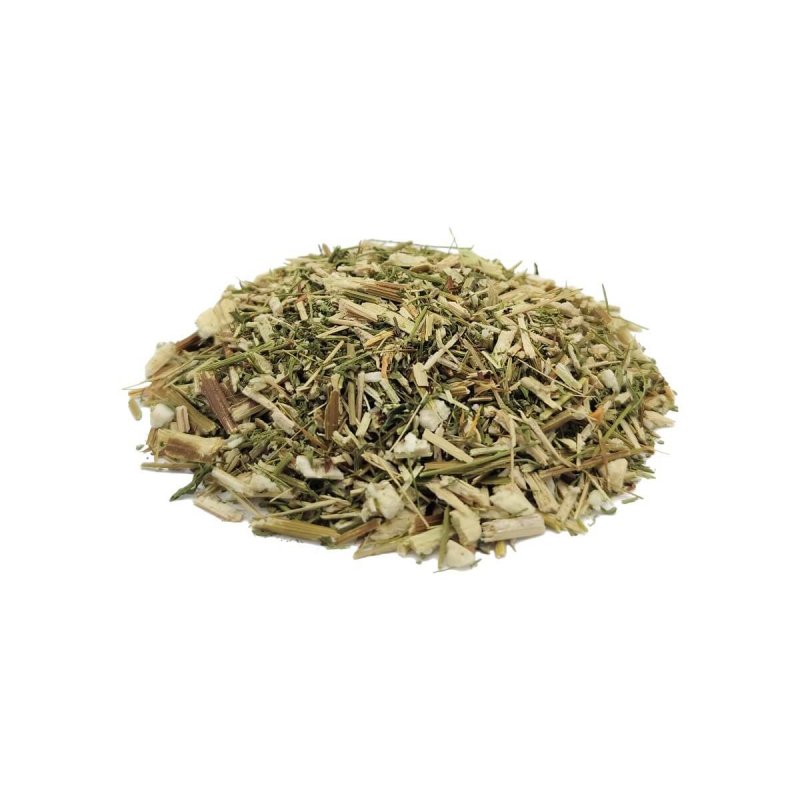Arnica, Flower (Pulicaria odora)
Pain | Anti-inflammatory | Analgesic

Fast delivery worldwide
Sent by: DHL, DPD, UPS, MRW, CTT
Arnica Flower
Arnica flower (Pulicaria odora) is a plant that contains anti-inflammatory, analgesic, antimicrobial, antioxidant and anticoagulant properties. It is commonly used in folk medicine to help treat bruises, rheumatic pain, abrasions and muscle pain.
Note: Arnica should not be ingested due to its toxic effects, but the flower can be infused for external use on closed wounds. Topical application can occasionally cause allergic reactions and use should be discontinued in such cases.
Ingredients: 100% Arnica, Flower (Pulicaria odora)
Curiosities:
Known as true Arnica or mountain Arnica, this plant is native to the mountainous regions of Europe and Siberia. It has been used since Roman times, when an ointment made from arnica and calendula was used.
Arnica: what is it used for?
Wound healing - Arnica flower contains lactones with healing and anti-inflammatory properties, which can facilitate the treatment of skin wounds. Arnica flower also has an antihistamine action that can reduce the swelling of wounds.
Bruises - It can be used in the form of a gel or ointment in cases of bruising, trauma or blows that leave haematomas or ecchymoses under the skin. It can help reduce purple spots on the skin and pain at the site of the injury.
Joint pain - With its anti-inflammatory action, Arnica can help block the production of proteins responsible for chronic joint inflammation in people suffering from osteoarthritis.
Muscle pain or spasms - With its lactones, Arnica has anti-inflammatory and analgesic properties. For this reason, it can help relieve muscle pain or sprains.
Post-operative pain - Due to its analgesic, anti-inflammatory and healing effects, Arnica can help reduce inflammation in the tissues after surgery, helping to treat post-operative pain and swelling. However, it should only be used after surgery on medical advice and with the scar already closed.
Varicose veins and haemorrhoids - Arnica is rich in lactones and hexuronic acid. It has anticoagulant, anti-inflammatory and analgesic action, which can help treat varicose veins and haemorrhoids.
Toothache and gingivitis - Due to the presence of helenalin, Arnica has an analgesic, anti-inflammatory, antiseptic, healing and antimicrobial effect, which can help reduce toothache or gingivitis.
Arnica: how to use
Preparation:
Water temperature: 100º.
Infusion time: 3 to 5 minutes.
Recommended amount: 4 tablespoons in a litre of water (1L).
Dosage: Wash wounds or external infections with this water.
External use:
- Put 4 tablespoons in a litre of cold water.
- Boil for 3 to 5 minutes.
- Wash wounds or external infections with this water.
Warnings: Usage of Arnica should be avoided by pregnant women, infants or anyone with a hypersensitivity to its chemical components without prior medical advice.
NOTE: The image shown was taken in-house, however, the type of cut and dimensions of the plant may vary from supply to supply or time of year.






 Reviews
Reviews 


